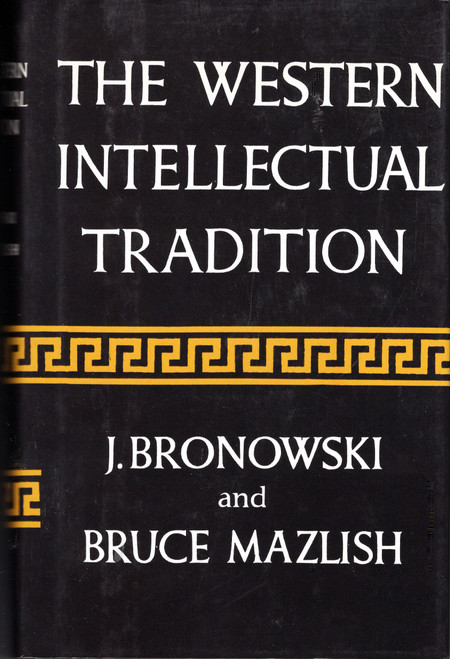This book is a study of the development of ideas from the Renaissance to the opening of the nineteenth century. It is intellectual history in the largest sense, not confined to ideas in one or a few fields, but covering the whole range of Western intellectual activity during these most formative centuries. The important feature of the book is its stress on the interplay of ideas from different fields. In particular, the authors give more attention than is usual to scientific ideas, developments in literary styles and innovations in the arts.
The study of ideas is an evolutionary study, and this book explains the influence of events on ideas and ideas on events. The authors, therefore, place particular stress on the background and history of these formative centuries, showing the impact of the technical and social inventions which have gone hand-in-hand with new ideas.
In general, each of the chapters focuses on the outlook of a man or a group of men who epitomize a way of thinking: such men as Descartes, Bentham, and Jefferson; groups of men such as the early humanists, or the dissenting manufacturers in the Lunar Society. The book is divided into three parts: Part One, The Expanding World; Part Two, The Age of Reasoned Dissent; and Part Three, The Great Revolution.
The Western Intellectual Tradition is a profound and vivid history of ideas placed in their full setting: of mean, of groups of men, of events. Both the scholar and the intellectual general reader will find The Western Tradition a work of permanent value.
About the Author
Born in Poland, Jacob Bronowski moved to England at the age of 12. He received a scholarship to study mathematics at Cambridge University, where he earned a Ph.D. in 1933. At Cambridge, Bronowski edited a literary magazine and wrote verse. He served as lecturer at University College in Hull before joining the government service in 1942. When he wrote a report on the devastating effects of the atomic bomb, the experience became critical to his career as an author. The report was eventually incorporated in his book Science and Human Values (1965). After the war, Bronowski wrote mainly about scientific values, science as a humanistic enterprise, language, and creativity. Neither naive nor utopian, Bronowski remained a consistent optimist and defender of science. In A Sense of the Future (1977), Bronowski states that, as science becomes increasingly preoccupied with relations and arrangement, it too becomes engaged in the search for structure that typifies modern art. He believed that self-knowledge brings together the experience of the arts and the explanations of science.
Bruce Mazlish was born in Brooklyn, New York on September 15, 1923. During World War II, he served in the Office of Strategic Services, the precursor to the C.I.A. He received a bachelor's degree, a master's degree, and a Ph.D. in European history from Columbia University. His first book, The Western Intellectual Tradition: From Leonardo to Hegel, written with the British mathematician and poet Jacob Bronowski, was published in 1960. His other books include In Search of Nixon: A Psychohistorical Inquiry, The Fourth Discontinuity: The Co-Evolution of Humans and Machines, and The Uncertain Sciences. He also wrote psychoanalytic biographies about Henry A. Kissinger, Jimmy Carter, and Mao Zedong. He died on November 27, 2016 at the age of 93.







